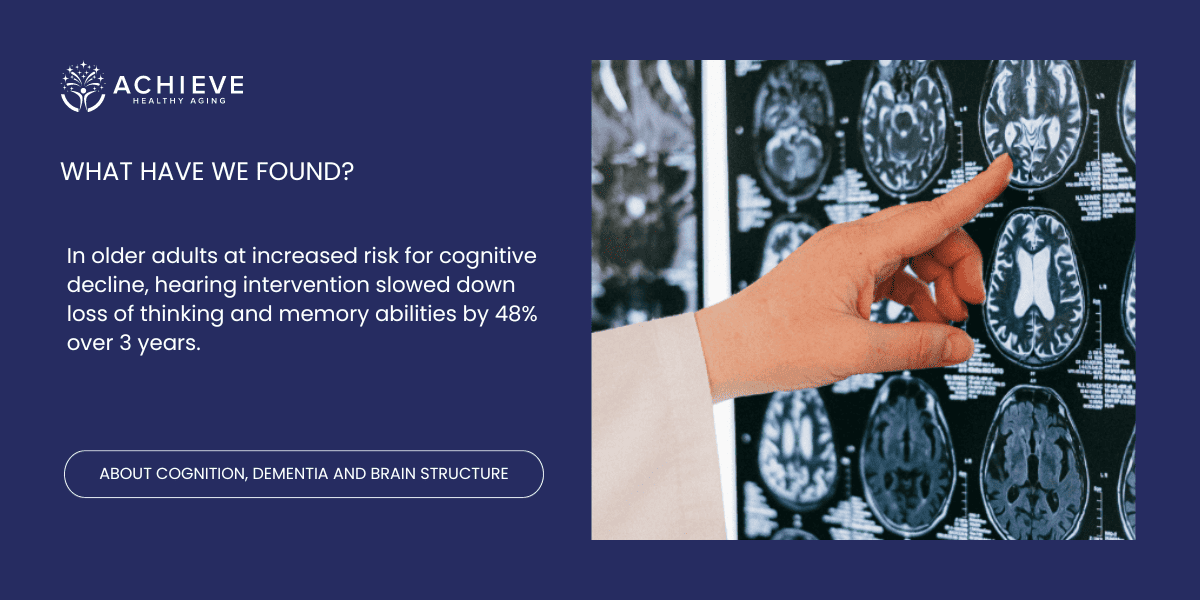I know I mentioned this to you before, but I must say it again… Charlotte Eye, Ear, Nose & Throat Associates (CEENTA) has stopped providing audiology services in their Salisbury location. Additionally, they are no longer in network with United HealthCare’s Medicare Advantage plan. So, if you have received hearing healthcare services or have been fitted with hearing devices at CEENTA, we would be honored to take over your care. You don’t have to drive to their Concord office to receive excellent audiology services.
Now that fall is upon us, we want to remind all hunters and homeowners to protect your hearing. A single gunshot or continuous noise from a leaf blower can cause permanent damage to your auditory system. Loud sounds damage the hair cell of the cochlea (inner ear sensory organ) that responds to high pitched sounds affecting your ability to hear consonants sounds. Communication becomes more difficult in the presence of background noise such as a restaurant or Thanksgiving family gatherings. This type of damage is permanent. Avoidance is best but if that is not possible, please wear proper hearing protection. Better safe than sorry.
When this article goes to print, I will be attending the Academy of Doctor of Audiology annual conference in Bonita Springs, Florida. I am anxious to hear the results of The ACHIEVE Study from Dr. Frank Lin, Director, Cochlear Center for Hearing and Public Health, Johns Hopkins Bloomberg School of Public Health.
The ACHIEVE study is a randomized trial of older adults aged 70-84 with untreated hearing loss who were free from substantial cognitive impairment, conducted at four U.S. sites. 977 total participants were recruited from two study populations: and 739 healthy community volunteers were newly recruited to the study. According to the researchers, at the start of the trial, all study participants generally had mild to moderate hearing loss very typical of older adults, but no substantial cognitive impairment.
The three-year intervention included use of hearing aids, a hearing “toolkit” to assist with self-management, and ongoing instruction and counseling with an audiologist. The comparison group health education control group had talk sessions with a health educator about chronic disease prevention. The total study population was analyzed, hearing intervention versus health education control.
The results of the comparison of hearing intervention versus control in the total study population were negative, as was the community population comparison of hearing intervention versus control. The most interesting result was the comparison of the ARIC subgroup hearing intervention versus control, in which a 48% slowing of cognitive decline was observed.
“The hearing intervention had a significant effect on reducing cognitive change within three years in the population of older adults in the study who are at increased risk for cognitive decline,” said Frank Lin, M.D., Ph.D., of Johns Hopkins University School of Medicine and Bloomberg School of Public Health, and co-primary investigator of the ACHIEVE study. “Hearing loss is very treatable in later life, which makes it an important public health target to reduce risk of cognitive decline and dementia, along with other dementia risk factors such as less education in early life, high blood pressure, social isolation and physical inactivity.”
I look forward to sharing my experience of the conference and what I learned directly from Dr. Lin next month. If you would like to learn more on the ear to brain connection and our Functional Hearing Assessment program, please give Diane or Jamie a call at 704-633-0023. Remember to visit our website www.hearingsolutionsofnc.com and like us on Facebook. Dr. Mussler, Jane, Cheryl and I look forward to seeing you soon….and remember to wear your hearing protection. Have a Happy Thanksgiving!

